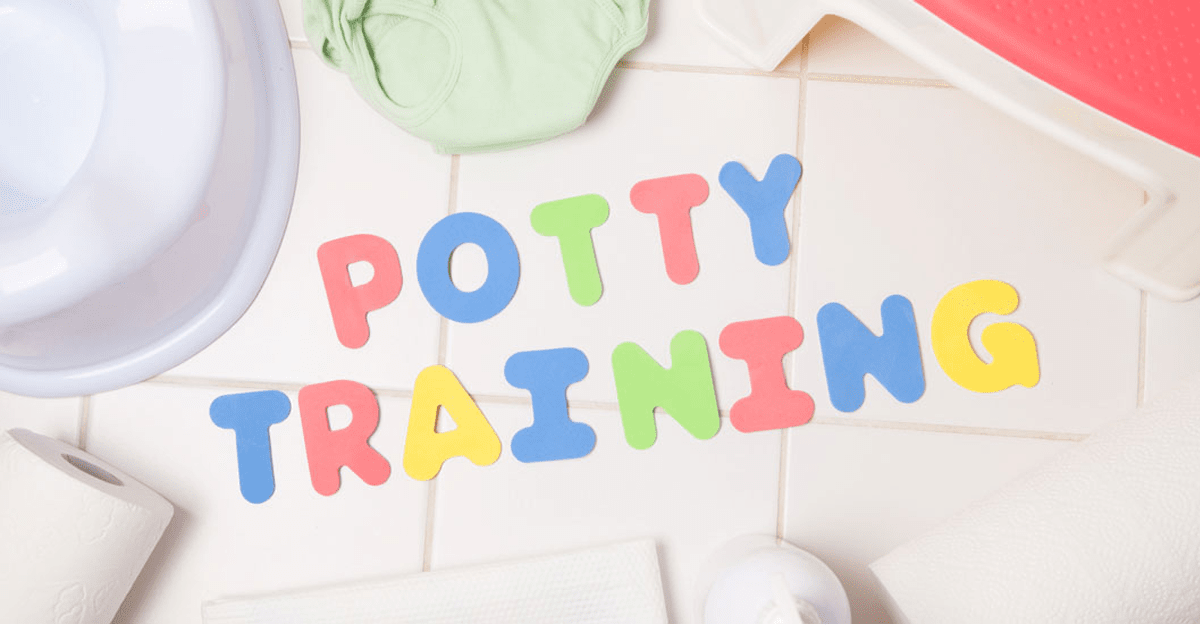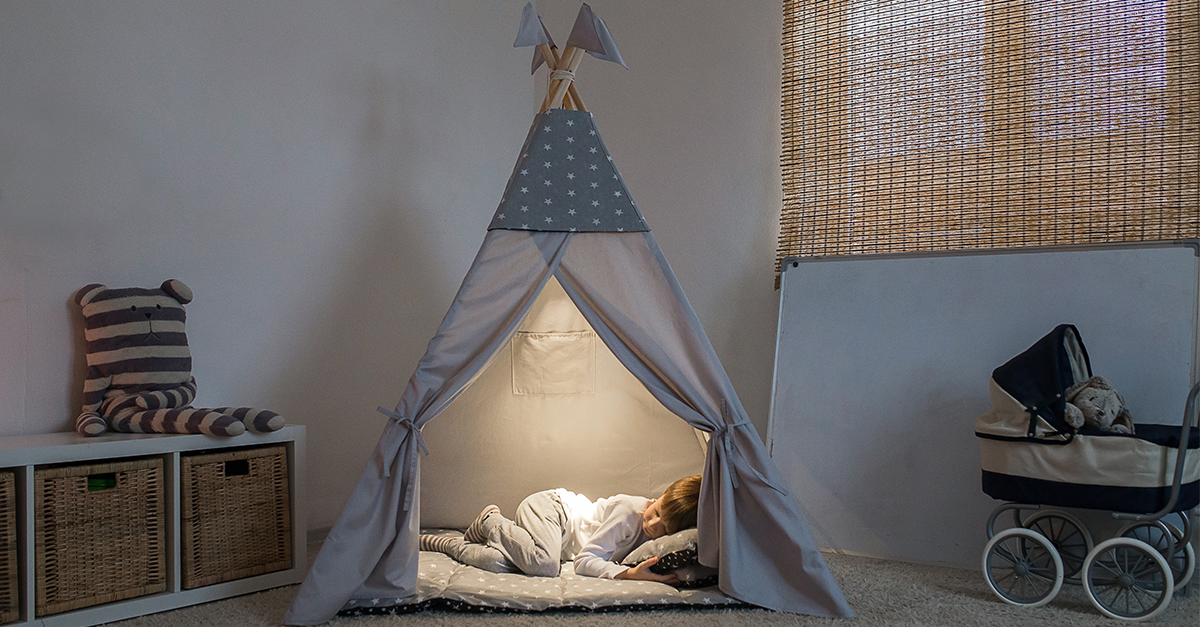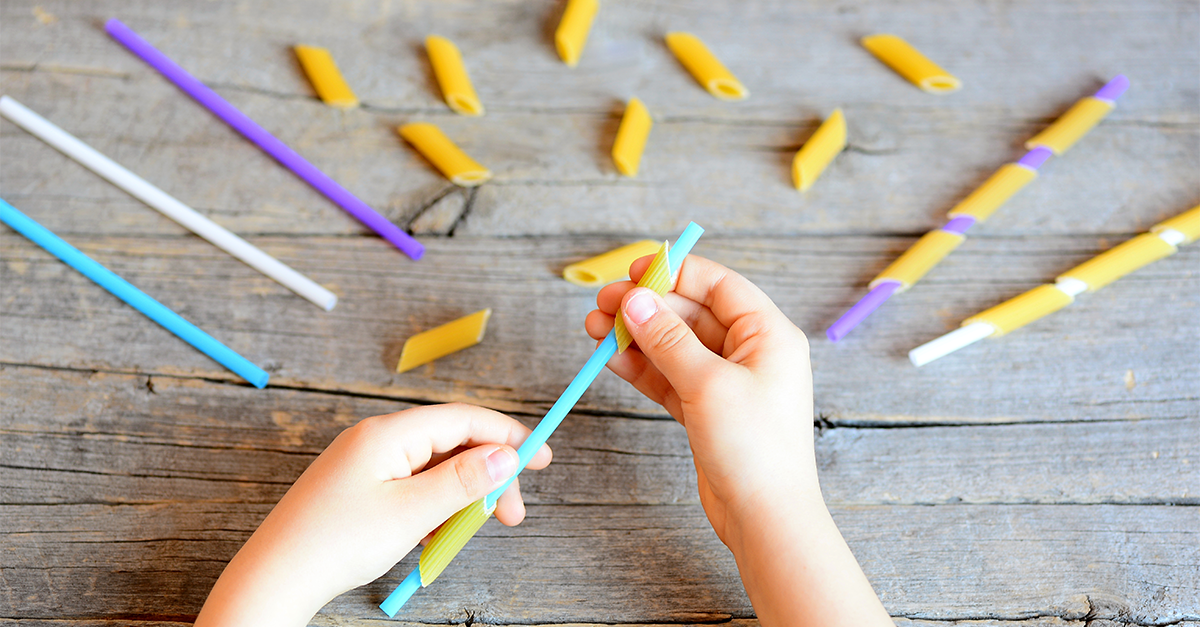First of all, don’t panic. Bed-wetting –also called nighttime incontinence or nocturnal enuresis –is more common than you think: 20% of 5-year-olds wet their bed. This number gradually goes down: 10% of 7-year-olds wet their bed; and 5% of 10-year-olds still don’t fully control their bladder at night.
In fact, bed-wetting before age 7 is not a problem; it’s just that your child is still developing their bladder control.
Why do kids wet the bed?
First of all, let’s make something clear: we must separate potty training into two different milestones: daytime and nighttime dryness. The former is usually achieved at age 4; the latter, though, is a completely different thing. These are the reasons why your child might still wetting the bed even after being able to stay dry during the day:

- Their bladder might still be developing: in which case there’s really not much you can do other than waiting
- They sleep very deeply: so deeply they don’t even wake up when they feel the urge to pee; they just ignore the signal to the brain that indicated their bladder is full
- They might have a urinary tract infection, which can make it hard for your child to control urination
- They might suffer from sleep apnea, a condition in which breathing is interrupted during sleep. Other signs and symptoms may include snoring and daytime drowsiness
- Constipation: the muscles involved in urine control are the same ones involved in stool control. Chronic constipation might make these muscles dysfunctional, thus causing bed-wetting
Bear in mind there are physical changes involved in nighttime dryness. Your child’s bladder must be able to hold all the pee they accumulate throughout the night. For this to happen, the body produces a hormone that slows down the production of urine. This makes pee less abundant, but more concentrated; which explains why the first time we go to the toilet in the morning urine is so concentrated.
How can I know my kid is ready to stay dry at night

Once they’ve managed to stay dry during the day, give them around 6 months to reach the nighttime dryness milestone. Other than that, we could see these signs as indicators that they are ready to keep their bed dry:
- During the day, they use the bathroom without you having to ask them if they need to go
- Consistently waking up dry in the morning
- And, well… they wake up at night to go to the toilet
If you think your child is ready to be dry at night, just try it. If they wet the bed once or twice per week, you can always get back to overnight nappies and remove them again when necessary. That way, you’ll take a lot of pressure off the kid.
Should I see a doctor?
Usually, kids just stop wetting the bed by themselves. However, you should see a doctor if:
- Your child still consistently wets the bed after turning 7
- Your child starts to wet the bed again after having been dry at night for months
- Bed-wetting is accompanied by painful urination, unusual thirst, pink or red urine, hard stools, or snoring; since it can be related to a UTI (urinary tract infection) or apnea, as mentioned above
Is your child struggling with nighttime dryness? At what age did they stop wetting the bed? Do you have any tip for other parents who might be dealing with this situation? Let us know!




